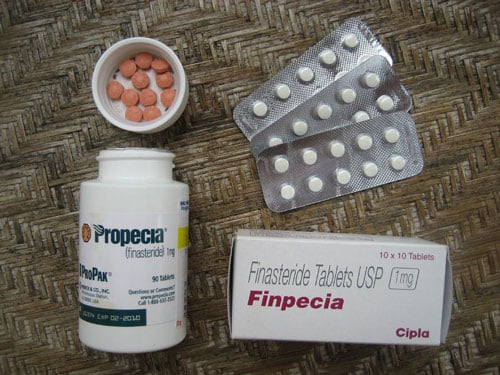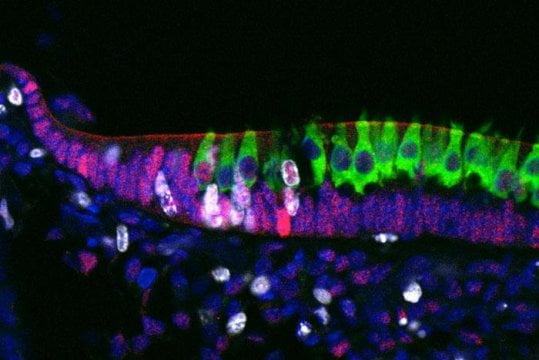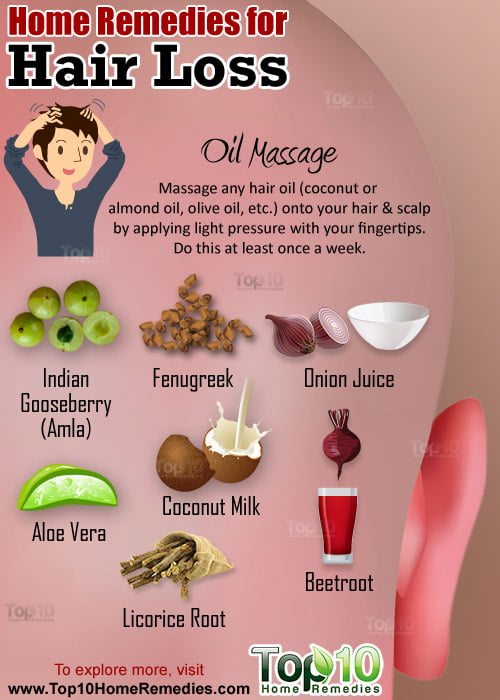Vitamin D, also known as the sunshine vitamin, can be produced in the body with mild sun exposure or consumed in food or supplements.
Adequate vitamin D intake is important for the regulation of calcium and phosphorus absorption, maintenance of healthy bones and teeth, and is suggested to supply a protective effect against multiple diseases and conditions such as cancer, type 1 diabetes and multiple sclerosis.
Vitamin D has multiple roles in the body, helping to:
- Maintain the health of bones and teeth
- Support the health of the immune system, brain and nervous system
- Regulate insulin levels and aid diabetes management
- Support lung function and cardiovascular health
- Influence the expression of genes involved in cancer development.
In spite of the name, vitamin D is considered a pro-hormone and not actually a vitamin. This is because the body is capable of producing its own vitamin D through the action of sunlight on the skin, while vitamins are nutrients that cannot be synthesized by the body and must be acquired through the diet or supplements.
It is estimated that sensible sun exposure on bare skin for 5-10 minutes 2-3 times per week allows the body the ability to produce sufficient vitamin D, but vitamin D has a half-life of only two weeks, meaning that stores can run low, especially in winter. Recent studies have suggested that up to 50% of adults and children worldwide are vitamin D deficient. There are several likely factors contributing to vitamin D deficiency, which will be looked at further in this article.
Vitamin D is produced when sunlight converts cholesterol on the skin into calciol (vitamin D3). Vitamin D3 is then converted into calcidiol (25-hydroxyvitamin D3) in the liver. The kidneys then convert calcidiol into the active form of vitamin D, called calcitriol (1,25-hydroxyvitamin D3). As such, statins and other medications or supplements that inhibit cholesterol synthesis, liver function or kidney function can impair the synthesis of vitamin D.
Fast facts on vitamin D
Here are some key points about vitamin D. More detail and supporting information is in the main article.
- Vitamin D’s primary role is to support the development and maintenance of bones and teeth.
- A fair-skinned person with full body exposure to the sun can synthesize up to 20,000 IU of vitamin D3 in 20 minutes.
- Vitamin D deficiency is common, especially in the elderly, infants, people with dark skin and people living at higher latitudes or who get little sun exposure.
- Vitamin D deficiency has been seen in up to 80% of hip fracture patients.
- 800IU of vitamin D per day reduces the risk of fracture by 20% in the elderly and decreases the risk of falls.
- The metabolism of vitamin D may be affected by some medications, including barbiturates, phenobarbital, dilantin, isoniazid and statin drugs.
Possible health benefits of vitamin D
This section looks at the potential health benefits of vitamin D, from assisting good bone health to possible cancer prevention.
1) Vitamin D for healthy bones
Vitamin D plays a substantial role in the regulation of calcium and maintenance of phosphorus levels in the blood, two factors that are extremely important for maintaining healthy bones. We need vitamin D to absorb calcium in the intestines and to reclaim calcium that would otherwise be excreted through the kidneys.

Vitamin D deficiency in children can cause rickets, a disease characterized by a severely bow-legged appearance triggered by impaired mineralization and softening of the bones.
In adults, vitamin D deficiency manifests as osteomalacia or osteoporosis. Osteomalacia results in poor bone density, muscular weakness and often causes small pseudo fractures of the spine, femur and humerus. Osteoporosis is the most common bone disease among post-menopausal women and older men.
2) Reduced risk of flu
Children given 1,200 IU of vitamin D per day for 4 months during the winter reduced their risk of influenza A infection by over 40%.2
3) Reduced risk of diabetes
Several observational studies have shown an inverse relationship between blood concentrations of vitamin D in the body and risk of type 2 diabetes. In type 2 diabetics, insufficient vitamin D levels may have an adverse effect on insulin secretion and glucose tolerance.3 In one particular study, infants who received 2,000 IU/day of vitamin D had an 88% lower risk of developing type 1 diabetes by the age of 32.
4) Healthy infants
Children with normal blood pressure who were given 2,000 IU/day had significantly lower arterial wall stiffness after 16 weeks compared with children who were given only 400 IU/day.
Low vitamin D status has also been associated with a higher risk and severity of atopic childhood diseases and allergic diseases, including asthma, atopic dermatitis and eczema. Vitamin D may enhance the anti-inflammatory effects of glucocorticoids, making it potentially useful as a supportive therapy for people with steroid-resistant asthma.5,8
5) Healthy pregnancy
Pregnant women who are deficient in vitamin D seem to be at greater risk of developing preeclampsia and needing a cesarean section. Poor vitamin D status is also associated with gestational diabetes mellitus and bacterial vaginosis in pregnant women. It is also important to note that vitamin D levels that were too high during pregnancy were associated with an increase in food allergy of the child during the first two years of life.
6) Cancer prevention
Vitamin D is extremely important for regulating cell growth and for cell-to-cell communication. Some studies have suggested that calcitriol (the hormonally active form of vitamin D) can reduce cancer progression by slowing the growth and development of new blood vessels in cancerous tissue, increasing cancer cell death and by reducing cell proliferation and metastases. Vitamin D has an influence on more than 200 human genes, which can be impaired when D status is suboptimal.3
Vitamin D deficiency has also been associated with an increased risk of cardiovascular disease, hypertension, multiple sclerosis, autism, Alzheimer’s disease, rheumatoid arthritis, asthma severity and swine flu, however more reliable studies are needed before these associations can be proven.
Recent developments on vitamin D health benefits from MNT news
Vitamin D deficiency a risk factor for African-American men living in poor sunlight areas
Researchers at Northwestern University Feinberg School of Medicine found that African-American men living in low sunlight areas are at a higher risk of vitamin D deficiency than European-American men living in the same areas.
Vitamin D supplements may reverse progression of low-grade prostate tumors
Research presented at meeting of the American Chemical Society suggests that taking vitamin D supplements may slow or reverse the progression of low-grade prostate tumors, without the need for surgery or radiation therapy.
MS patients may benefit from vitamin D supplements
Vitamin D supplementation could be a safe and cost-effective treatment strategy for individuals with multiple sclerosis, according to new research published in the journal Neurology.
Daily vitamin D-3 supplementation may benefit heart failure patients
For patients with chronic heart failure, daily supplementation with vitamin D-3 may improve heart function. This is the conclusion of a new study recently presented at the American College of Cardiology 65th Annual Scientific Session & Expo in Chicago, IL.
[source;medicalnewstoday]

















